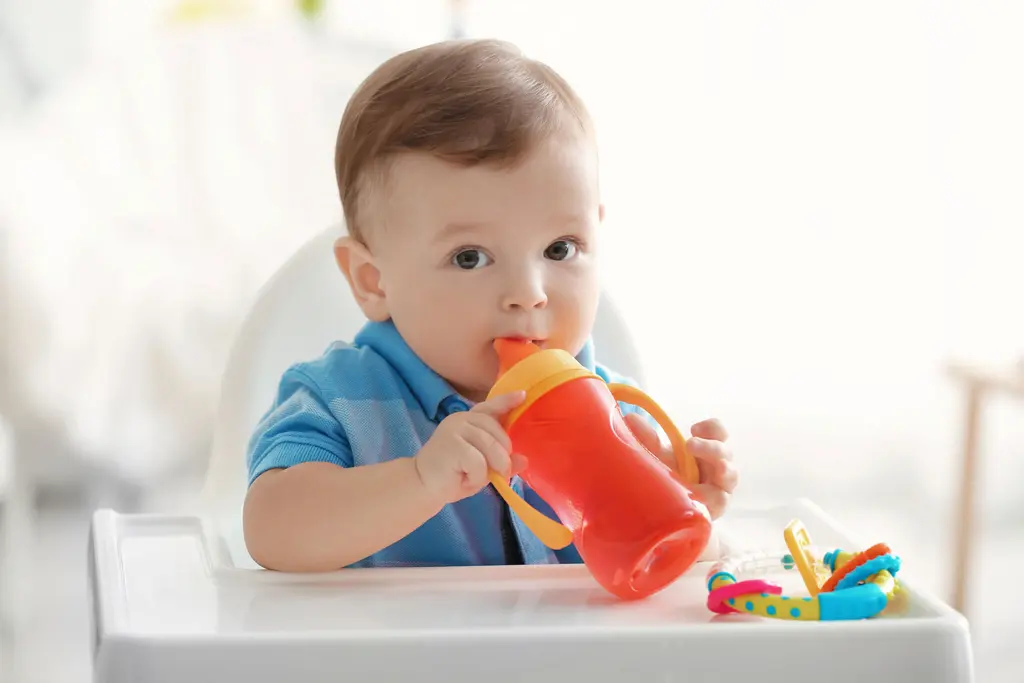Blogs
Impact of Sippy Cups and Bottle Feeding on Children

Sippy cups and bottles are convenient for toddlers, but they can negatively impact dental health if used improperly or for too long. Here’s how they affect teeth:
1. Increased Risk of Cavities
- Prolonged use of bottles or sippy cups, especially with sugary drinks (milk, juice, formula), can lead to early childhood caries (ECC), also known as baby bottle tooth decay.
- The teeth are constantly exposed to sugar, creating an ideal environment for cavity-causing bacteria.
2. Improper Tongue and Jaw Development
- Frequent sucking on a bottle or sippy cup spout can affect oral muscle development and contribute to issues like tongue thrust and improper swallowing patterns.
- This can lead to misaligned teeth and even impact speech development.
3. Delayed Transition to a Mature Swallow Pattern
- Prolonged use can prevent children from developing a proper oral resting posture, which includes keeping the tongue on the roof of the mouth.
- This may contribute to mouth breathing, which is linked to issues like narrow dental arches and improper jaw growth.
4. Orthodontic Issues
- Long-term use, especially if the child uses a bottle or sippy cup as a pacifier, can lead to an altered bite in children. The repetitive sucking motion can also impact the alignment of primary and permanent teeth.
Better Alternatives
- Introduce straw cups or open cups around 6-12 months to encourage proper oral motor development.
- Limit sippy cup use to a transition period rather than a long-term habit.
- Avoid sugary drinks and offer only water in a sippy cup between meals.
- Visit a me at an early age of your child to understand better and prevent cavities.
AbOUT US
DEPARTMENTS
© 2025 Abeer. All rights reserved.
